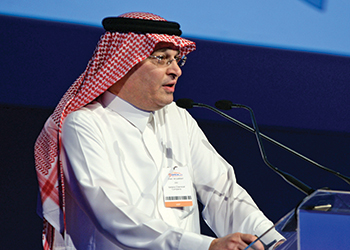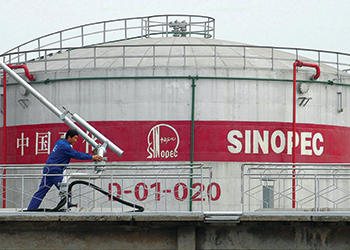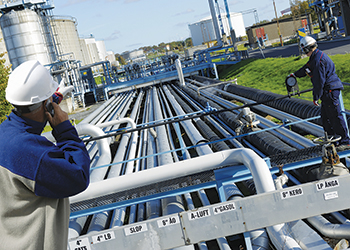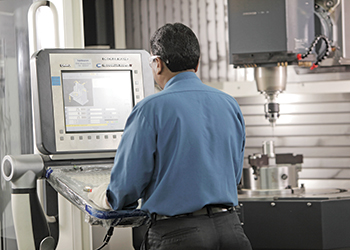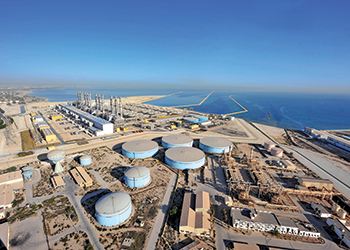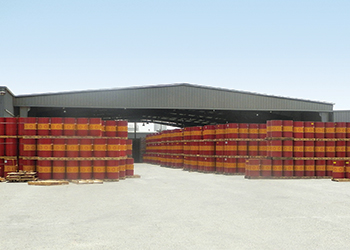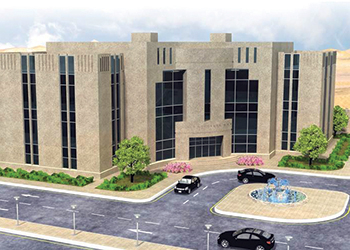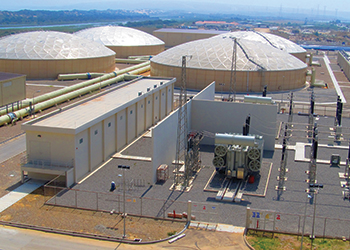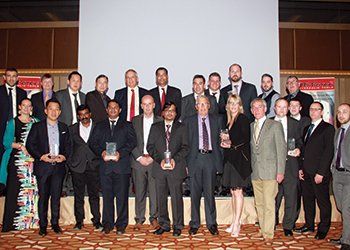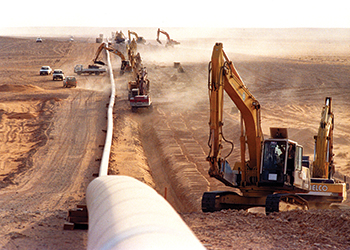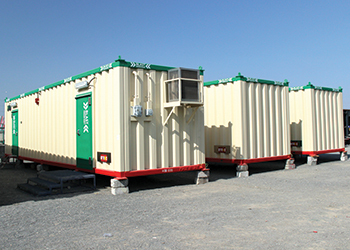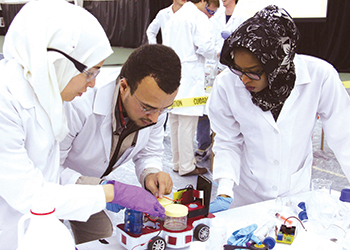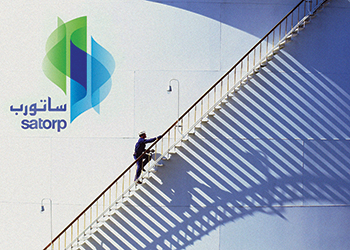
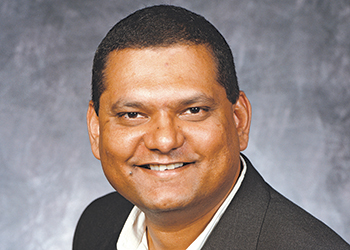 Kanchan ... specialist
Kanchan ... specialist
In order to better serve companies in the GCC, Trinity Environmental Consultancy set up two offices in Bahrain and Qatar and with a strong, multi-disciplinary team, it assists companies in Saudi Arabia and the GCC with broad environmental issues
Industrial facilities in Saudi Arabia and throughout the GCC are receiving support on environmental issues from an international company that has demonstrated its commitment to the region since the 1990s. Trinity Environmental Consultancy International (Trinity) was founded in Dallas, Texas in 1974 and has grown into a global firm that serves clients across the US and internationally with environmental consulting and climate change strategy services, as well as nearly 4,000 users of its Breeze air dispersion modeling software in more than 80 countries.
In order to better serve companies in the GCC, Trinity established two offices in Bahrain and Qatar and under the direction of regional manager Arun Kanchan and his strong, multi-disciplinary team, Trinity has assisted companies in Saudi Arabia and the GCC with broad environmental issues.
EIA STUDIES
Trinity has assisted with several key Environmental Impact Assessments (EIA) studies in Saudi Arabia since the 1990s. As part of an EIA study, it carried out an extensive air dispersion modeling study for a proposed refinery in Jizan, Saudi Arabia. At the Jeddah refinery in Saudi Arabia, Calpuff Modeling System with mesoscale model (MM5) data was used to assess the impact on air quality from refinery’s operations. At the Riyadh refinery in Saudi Arabia, modeling helped with re-evaluation of the impacts from refinery’s emissions sources, due to major modification in the process.
The consultancy completed the Calpuff Dispersion Modelling for Marafiq power plant in Yanbu and KJO Hout onshore gas facility in Khafji due to plant re-design. For the Eastern Province in Saudi Arabia, the consultancy says its work with particulate matter impacts on air quality and visibility helped enable development of policies for establishment of buffer zones for quarrying operations from highways and residential areas.
Outside of Saudi Arabia, Trinity prepared several EIA studies for regional facilities to evaluate the environmental impacts of these facilities on their communities. In Doha, it evaluated an 18-year old gasoline dispensing site that was considered to be contaminated due to underground tank leakage. The EIA study involved assessment of air quality, soil and groundwater, noise, waste and wastewater, health and safety and socio-economic aspects. The baseline for the soil and groundwater was established by installing groundwater wells at the site. The sub-surface investigation results were used by the modeling study to assess the magnitude and severity of the impact, as well as identify remediation solutions for the site, says a company spokesperson.
HUMAN HEALTH RISK ASSESSMENT
In Saudi Arabia, Trinity submitted a comprehensive particulate air dispersion modeling analysis for the Sabayek plant in Jubail Industrial City and responded to Royal Commission of Jubail (RCJ). In Jubail, Petrokemya retained the firm to complete accidental release modeling for several different scenarios at the facility using the Breeze Incident Analyst (BIA) software. Further in the Jubail Industrial City, Trinity assisted Tasnee to assess the potential consequence of release and ignition of certain flammable or explosive substances to provide guidance concerning the effects of explosive blasts, utilising overpressure scenarios on persons, structures, and fixed/portable buildings due to accidental release of selected flammable/explosive substances.
The specialist consultancy was selected by a national oil company to quantify the risks associated with oil and gas operations throughout Kuwait and to evaluate potential adverse health impacts on nearby residential areas. The air quality modeling study assessed ground level pollutant concentrations and the risk characterisation study assessed cancer risk and hazards to resident adults and children from direct inhalation.
AIR QUALITY IMPACTS
Trinity says it has conducted an extensive meteorological study for compilation of offshore ambient temperature data and sea water parameters to address climate concerns associated with the client’s plans for expanding compression turbine facilities. The company assisted a facility with evaluating impacts of VOCs and toxic air pollutants from liquid product loading operations at a northern industrial port in Qatar. For offshore platforms in the Gulf, it is conducting a comprehensive EIA study to assess potential impacts. The project includes assessing impacts on air quality, marine habitat, noise, soil and groundwater, and social/community from project construction and operation phases. The results will be used to support the expansion of offshore terminal facilities, reveals the spokesperson.
ODOUR CONTROL
In Jubail Industrial City, Trinity assisted an asphalt roofing plant on odour quantification, modeling, and mitigation control. Outside of Saudi Arabia, in response to odour complaints associated with oil and natural gas operations, it conducted an Odour Monitoring and Modeling project that involved surveillance, monitoring, and assessment of odours and H2S levels for several months at on-site and off-site locations. Additionally, it helped set up an Odour Monitoring Programme and the GCC’s only Olfactometer Laboratory that enables the facility to better identify and control odours, and respond to potential odour complaints.
AMBIENT MONITORING
Trinity has also successfully supported Continuous Emissions Monitoring Systems (CEMS) at various plants to help those facilities ensure that their emissions remain under the thresholds of concern. This includes CEMS Relative Accuracy Test Audit (Rata) for 50 units in Qatar, along with seven-day calibration drift tests. The company also audited the software and hardware components of CEMS analyser and DCS systems. In addition, it has prepared Quality Assurance Plans (QAPs) for several industrial facilities. In the industrial cities, Trinity has also assisted clients with hydrogen sulphide monitoring, and with the analysis of toxics such as BTEX using a portable gas chromatography instrument. It assisted another client with the evaluation of leakages of petroleum to soil in Ras Laffan Industrial City.
SOFTWARE IMPLEMENTATION
With the use of proprietary Data Integration and Averaging (DIA) based platforms, Trinity is currently assisting with the development and deployment of an emission calculation and tracking system for a facility with 31 sources at a gas-to-liquid (GTL) production site. It has also evaluated process historian data and developed comprehensive equations, calculations, reporting, and verification techniques for a natural gas production site.
"Regardless of a client’s location in the world or the nature of its environmental challenges, Trinity delivers an unwavering commitment to client satisfaction, achieved through exceptional quality work performed with utmost professionalism," he concludes.






































































